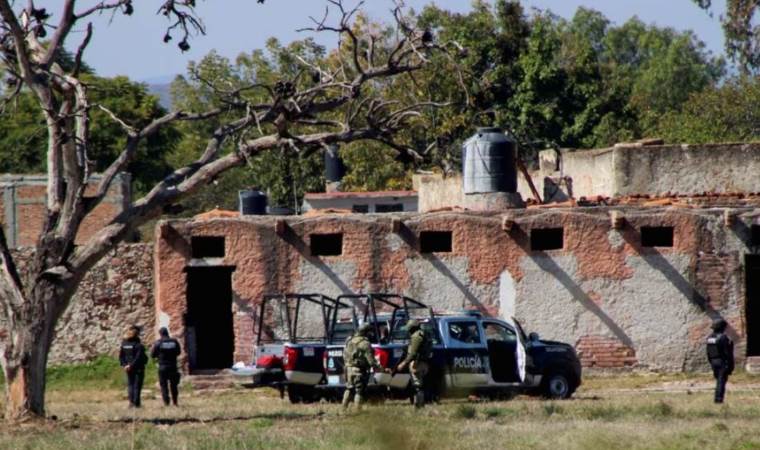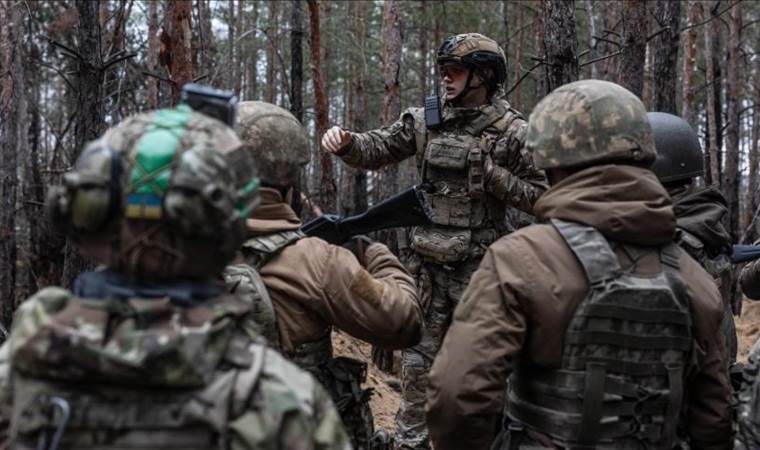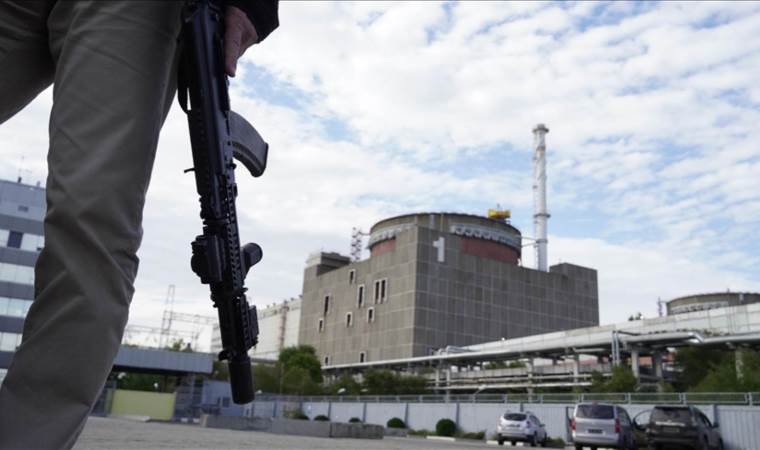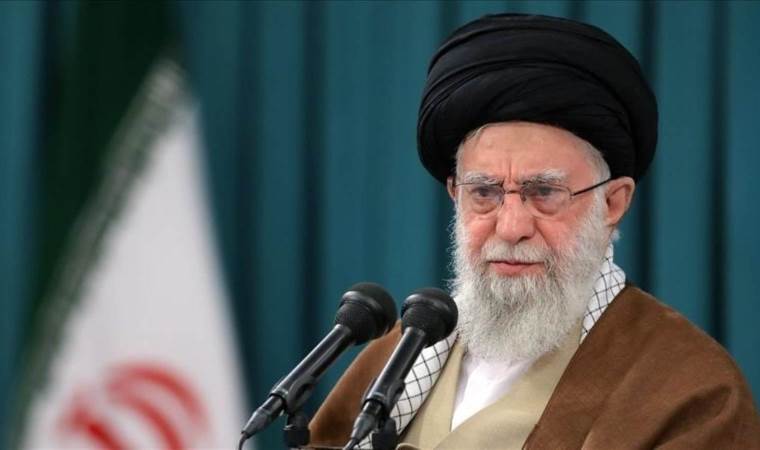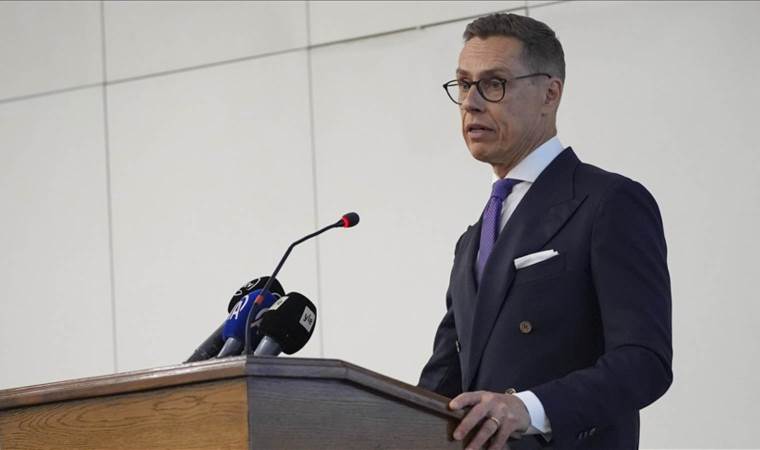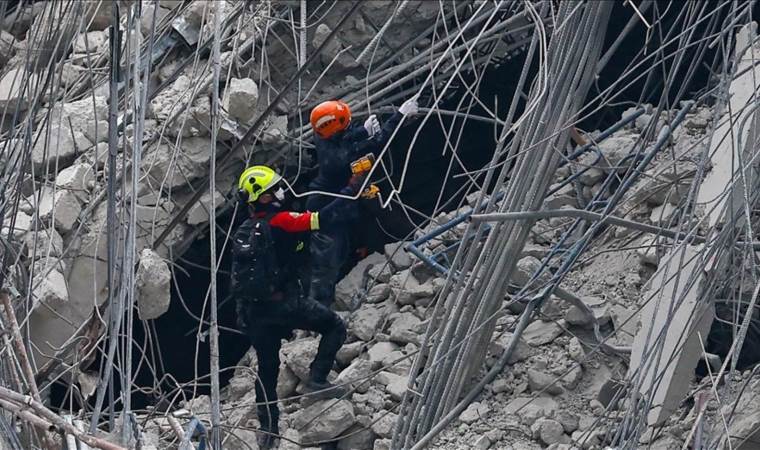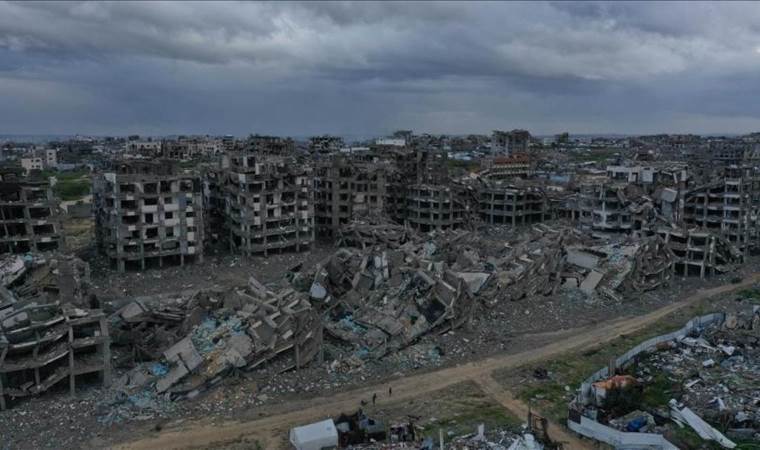Under US pressure over fentanyl, Mexico wages “imaginary war on drugs”
Under US pressure to combat fentanyl trafficking, Mexico's army has been conducting raids on drug labs, but a Reuters investigation reveals that most of these are inactive facilities.
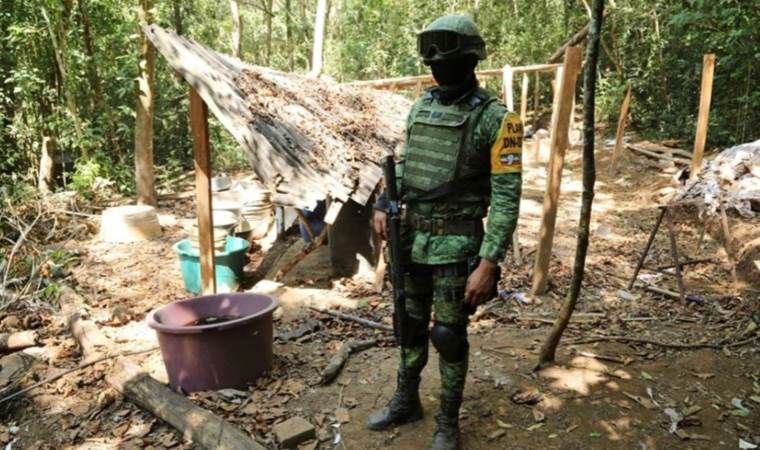
Despite U.S. demands for a crackdown on fentanyl production, only a fraction of the 527 labs raided in the first seven months of 2021 were operational. This discovery raises questions about the effectiveness of Mexico's war on drugs under President Andres Manuel Lopez Obrador, suggesting a focus on optics rather than substantive action.
The Biden Administration has prioritized stopping the flow of illicit fentanyl from Mexico, increasing pressure on Lopez Obrador's government. However, the inclusion of numerous inactive labs in Mexico's seizure records seems to inflate the government's success in this area. Guillermo Valdes, Mexico's former civilian spy chief, criticized this approach, implying that it undermines SEDENA's credibility and suggesting that the raids are more about appearances than actual drug interdiction.
Amidst this backdrop, Lopez Obrador met with U.S. President Joe Biden, promising to help prevent the entry of chemicals and fentanyl into the United States. However, the data obtained by Reuters contrasts sharply with this pledge, revealing that nearly all labs listed were meth facilities with no fentanyl labs reported. This contradicts SEDENA's earlier claim of locating 37 sites for converting fentanyl precursors into finished products.
The U.S. Drug Enforcement Administration (DEA) and the White House have responded to Reuters' findings by acknowledging ongoing cooperation with Mexico on the issue. However, another U.S. government official expressed concerns over the lack of clarity regarding the operational status of the raided labs. Vanda Felbab-Brown of the Brookings Institution and Senator Chuck Grassley echoed concerns about the manipulation of data and the lack of serious efforts to combat fentanyl production and trafficking in Mexico.
SEDENA's inconsistent reporting, indicated by frequent modifications in lab raid data, raises further questions about the actual impact of Mexico's anti-drug efforts. The discovery of inactive labs, sometimes linked to collusion between the army and cartels, suggests that many raids might be more about maintaining appearances than dismantling drug operations. Former American kingpin turned informant, Margarito Flores, shared insights on how small meth labs were often sacrificed by cartels to protect larger operations, hinting at possible deals with military commanders. This complex scenario reflects the challenges in Mexico's ongoing drug war, further complicated by Lopez Obrador's shift from aggressive tactics to addressing root causes like poverty.
Most Read News
-
 US Army says 3 soldiers found dead in Lithuania after ve
US Army says 3 soldiers found dead in Lithuania after ve
-
 French presidential front-runner Le Pen vows to challeng
French presidential front-runner Le Pen vows to challeng
-
 China discovers 100-million-ton crude oil reserve in Sou
China discovers 100-million-ton crude oil reserve in Sou
-
 Germany’s Baerbock announces $12B military aid package f
Germany’s Baerbock announces $12B military aid package f
-
 Russia, Ukraine trade accusations over renewed strikes o
Russia, Ukraine trade accusations over renewed strikes o
-
 Khamenei warns of ‘firm retaliation’ to any ‘external ag
Khamenei warns of ‘firm retaliation’ to any ‘external ag
-
 Finland plans to quit landmine treaty: President
Finland plans to quit landmine treaty: President
-
 Ukraine says it carried out 1st round of consultations w
Ukraine says it carried out 1st round of consultations w
-
 Death toll from Myanmar earthquake surpasses 2,700
Death toll from Myanmar earthquake surpasses 2,700
-
 Gaza death toll nears 50,400 as Israeli army kills 42 mo
Gaza death toll nears 50,400 as Israeli army kills 42 mo
